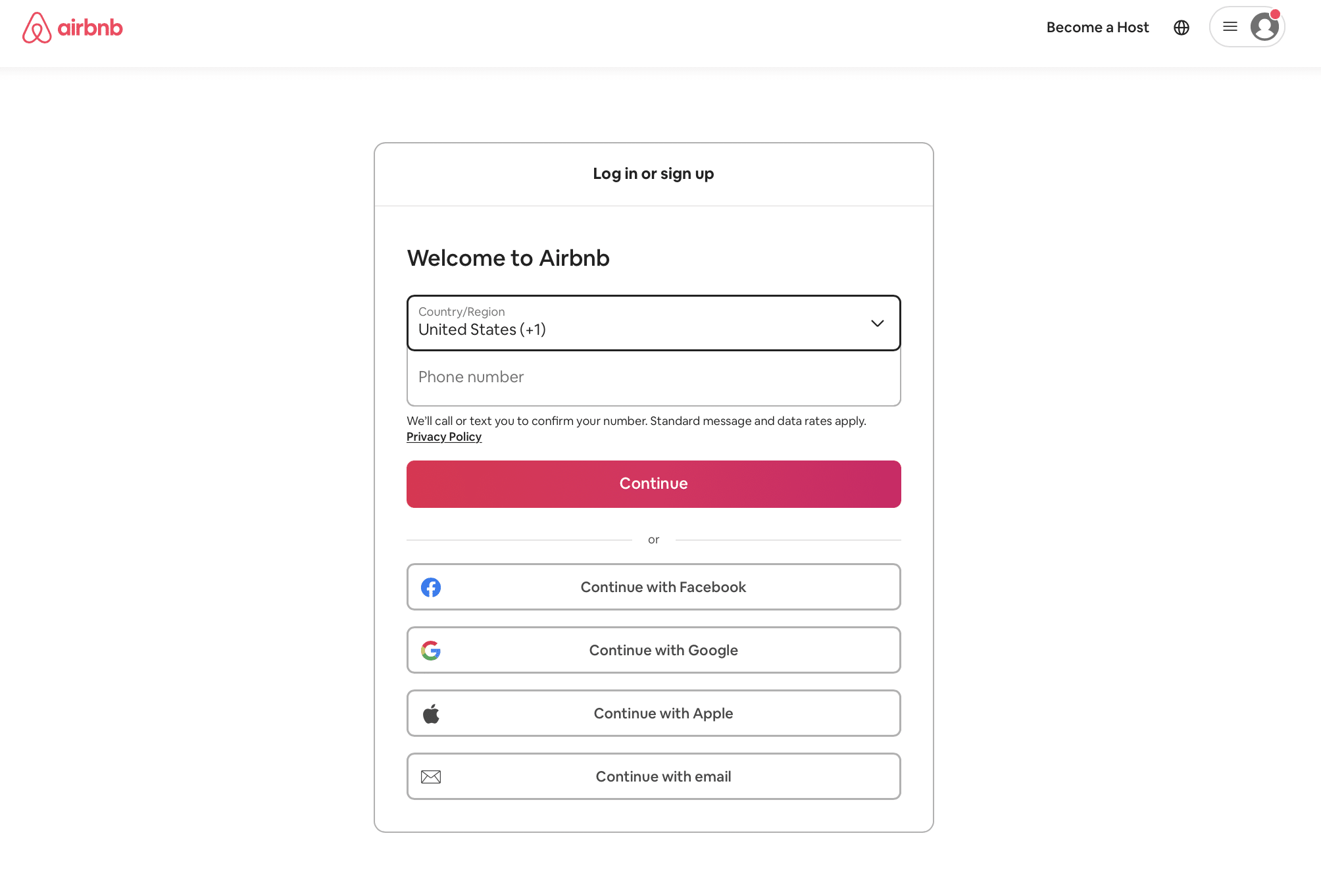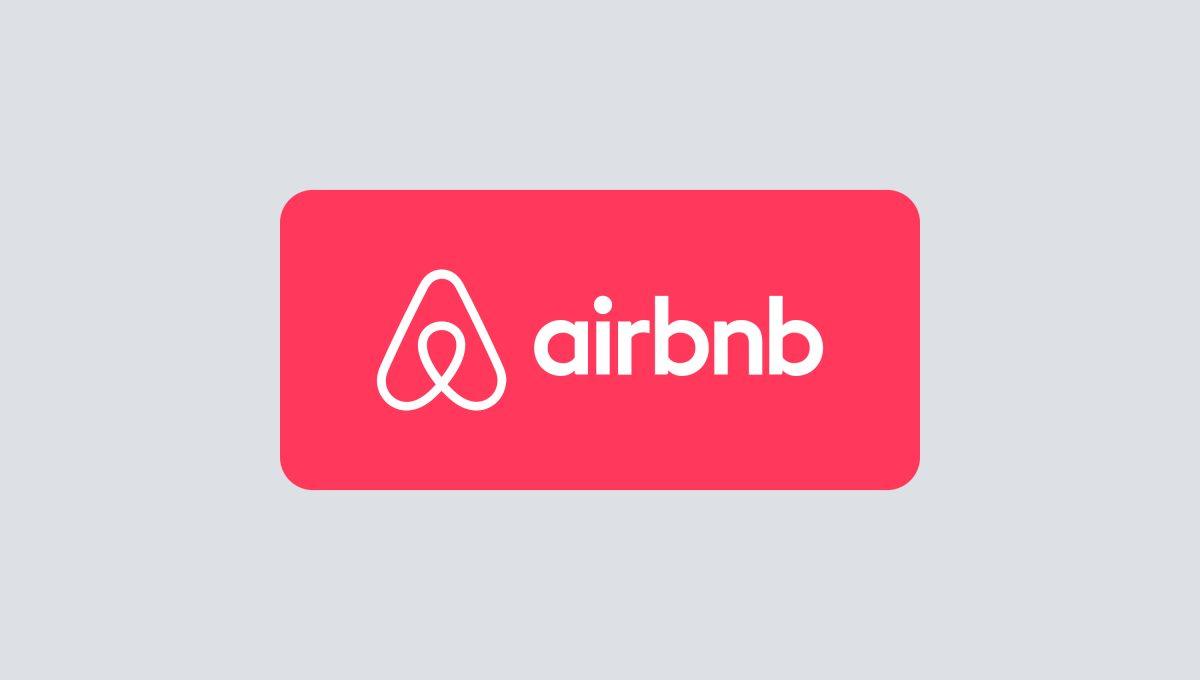This article will provide a comprehensive guide on how to sign up for an Airbnb Host account, from creating your account to managing guest interactions, ensuring you have all the information you need to succeed in the world of vacation rentals.
Airbnb Host Types
Choosing your Airbnb hosting option provides flexibility that matches your availability and commitment level. Whether you have an entire home, a room in a bed and breakfast, or a unique space, the platform accommodates various accommodation types. Here are the main hosting options you can consider:
Host:
You can list your property and decide whether you'll greet guests in person or provide a self-check-in process. This option gives you control over your rental property and the guest experience.
Co-hosting:
You can still become a co-host even if you don't own an Airbnb property. Co-hosts assist property managers with tasks such as guest screening and property preparation. More details can be found here.
Airbnb.org:
This site allows you to offer your space at no charge to support individuals in need, such as first responders or those in crises. This form of responsible hosting can be rewarding and contribute positively to the wider community.
Remember, each of these hosting options comes with a responsibility to provide a welcoming and safe environment, clean linens, and a detailed description of your space to ensure guests have all the information they need for their stay.
What you need to sign up to Airbnb
There are several steps you must go through when you sign up as an Airbnb Host for the first time.
Valid login details
You must set up an account, which involves providing a valid email address and creating strong login details for ongoing property management through the host login dashboard.
Age restrictions
Airbnb's Terms of Service have set the age requirement at 18 years and above. This restriction upholds the responsible hosting principle and ensures that all accounts are operated by adults who are equipped to make informed decisions and take legal responsibility.
Adherence to these age guidelines is critical for hosts, as it can impact the clientele they attract and affect the overall hosting experience.
Sign up instructions
- Go toAirbnb.comor download the Airbnb app oniOSorAndroid.
- Click on the "Sign up" button.
- Once your account is set, click on the "Become a Host" button located on the homepage.
- Follow the prompts to create an account using your email address, or opt for quicker authentication withFacebook, Google, or Apple ID.
- After signing up, you will need to verify your identity, a crucial step before you can start hosting.
- Fill in all necessary details for your profile, including a clear profile photo.

Choose a strong password for account security
In order to protect your login dashboard, choose a strong password.
Your chosen password should follow these criteria:
- Minimum Length: At least 8 characters.
- Diversity: A mix of letters (both uppercase and lowercase), numbers, and special characters.
- Complexity: Avoid predictable patterns like 'Password4321'.
- Uniqueness: It must be unique from passwords you use elsewhere.
If you log in from a new or different location or make sensitive modifications, Airbnb may employ additional verification checks.
Adherence to these password guidelines adds a vital layer of security, helping you keep your profile secure.
Verify your identity
Identity verification is an integral part of the process and highlights to potential guests that your listings are legitimate and trustworthy.
Airbnb has designed a comprehensive verification system that cross-references your submitted details, such as name and address, with government IDs to ensure that the information matches.
This is a proactive measure to mitigate the risks of fraudulent activity and to maintain the platform as a popular source for safe and responsible hosting.
Airbnb may also monitor account activities and, if they detect unusual behavior that suggests potential unauthorized access, they will send an account alert. This notification is part of the platform's commitment to maintain a secure network for its community members.
Documents required for Airbnb verification
In order to complete the verification process with Airbnb, you will be asked for specific documents. These are vital in establishing your identity on the platform:
- Date of Birth: Verifies your age and contributes to the assurance that you meet the minimum age requirement.
- Place of Birth and Citizenship/Nationality: Assists Airbnb in understanding the host's background.
- Government ID: This can be a passport, driver’s license, or another form of state-issued identification. Airbnb checks this to confirm it matches the other details you have provided.
How to create an Airbnb listing
Now it's time to create your listing. Once signed in, click the 'Airbnb your home' option in the top right-hand corner of the page.
By clicking 'Airbnb setup' in the top right corner you will now be directed to the 'Create your listing' screen.
Here, Airbnb offers some basic info about how you should list your property. For a full guide on how to best optimize and advertise your property, read more here.
Airbnb now gives you the option to connect to one of its Airbnb Superhosts. These are hosts with high ratings and a large amount of bookings. They are considered some of the best hosts using the platform. By entering some basic details of your property, they will match you to a Superhost with a similar listing.
Now you can begin a chat with this person and get some useful tips on getting started.
Now it is time to enter the information about your property. Be sure to have the following information at hand:
- Type of property (Apartment, Cabin, Condo, etc.)
- Will guests have the property to themselves or a room?
- Your address
- Number of bedrooms, beds, bathrooms, and max number of guests
- A full list of amenities
- Minimum 5 photos (here's a guide on taking the best possible photos)
- A title for your property (here's your chance to stand out from other hosts)
- A description of the property (this is your way of advertising your offering. What makes it special. Here's aguide to writing a great Airbnbdescription.
- Some specifics about the booking process
- Price
- Potential discounts (new host discount, weekly discounts, monthly discounts)
- Review your listing to make sure everything is correct
- Publish!
Congrats. You now have created and published an Airbnb listing and have officially become an Airbnb host.
Research tax regulations
As a host, it's crucial to be vigilant about the tax responsibilities that come with earning rental income. Local laws dictate tax requirements, and these can substantially affect how much a host ultimately nets from their short-term rental property.
To navigate these complexities, hosts must keep themselves well-informed about the specific tax regulations applicable to their situation. We highly recommend that before listing a property and accepting guests, you research local tax rules regarding vacation rentals.
Consider host insurance
As hosts explore insurance options, they should look for policies specifically designed for short-term rental properties. Comparing offers from multiple insurers can help a host find a policy that balances cost with the level of coverage required.
In addition, consulting industry professionals or insurance agents well-versed in short-term rental coverage can lead to a better understanding of the risks and ways to safeguard against them.
Tax obligations for Airbnb hosts
For Airbnb hosts, navigating the complexities of tax laws is essential. Rental income is generally taxable, and hosts must be diligent in reporting it through their tax returns. Since tax implications can vary widely based on the host’s location, conducting thorough research into local tax regulations is paramount.
Consulting with a tax consultant or the local tax authority is a practical step for hosts to ensure they meet all their tax obligations. Being well-informed helps hosts avoid unpleasant surprises during tax season.
